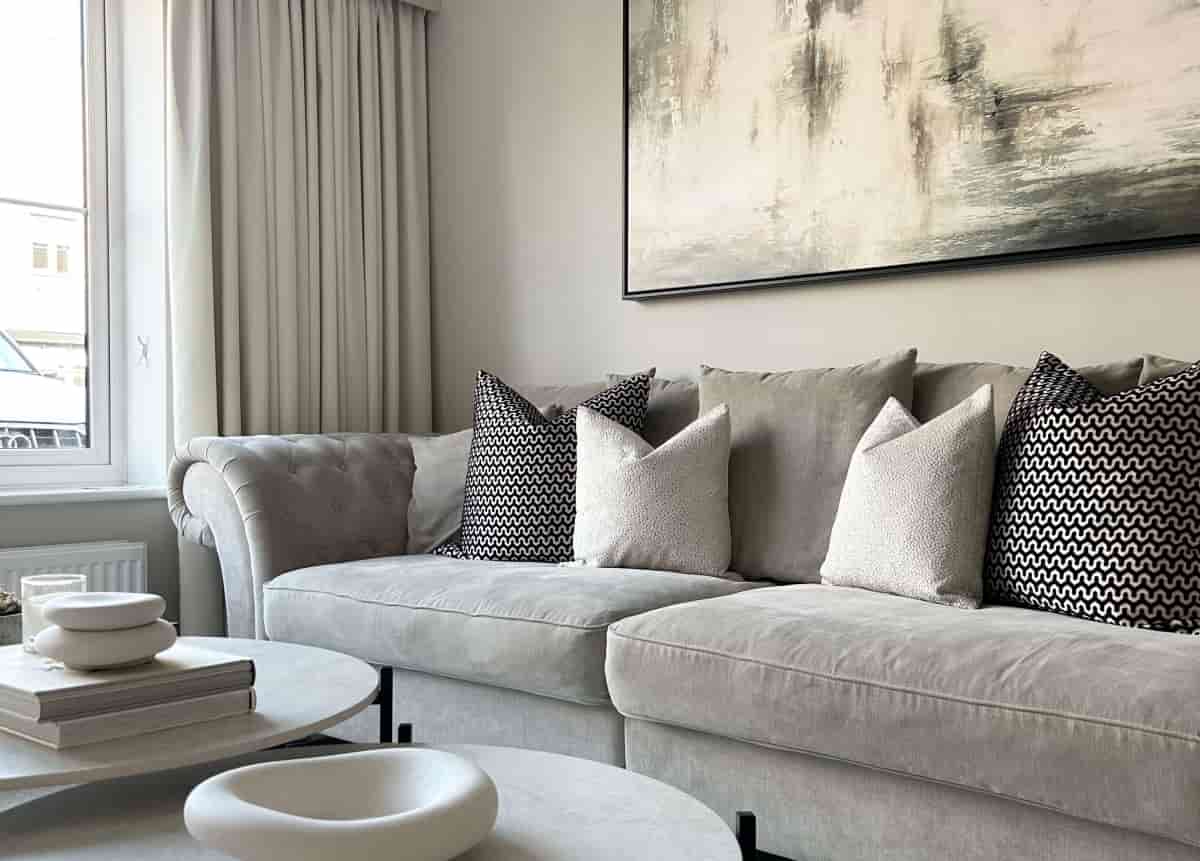While searching for your first house is a fun and exciting experience, it can also feel daunting trying to figure out the finances. If you’re a first-time buyer keen to get your foot on the property ladder, it’s important to have a solid financial plan in place so you’re in a great position to buy.
That’s why we’ve put together this quick guide on how to budget for your first home – so you can enjoy a smooth and stress-free purchase.
Save your deposit
When buying your first house, you’ll need to put down a deposit. Typically, the minimum deposit required is 5% to 10%, but this depends on the lender. So, if you were buying a house for £200,000 and need a 10% deposit, you’ll have to save £20,000.
To achieve this, think about how much you can realistically save each month and set up a standing order into a savings account. Once you know how much you can put aside monthly, you can work out how long it will take you to build the deposit you need.
If it will take you several years to save, consider putting your money into a savings account to earn interest on your cash. You may want to set up a Lifetime ISA, for example, which allows you to save up to £4,000 per year and receive a government bonus of 25%.
Find out how much you can borrow
Once you’ve saved your deposit, the fun can begin looking for houses! But before your search starts, it’s important to get a realistic idea of how much you can borrow in line with current interest rates and mortgages.
There are many useful calculators online that take a few minutes to fill out and will give you an idea of what you can lend from the bank. Usually, you’ll need to know the gross annual income of all applicants, an estimated purchase price of a property, and the amount of deposit you have.
You’ll then be shown the rough amount the bank could lend you for illustrative purposes. If you want a definitive number so you can start putting offers in on houses, you’ll need to get a mortgage in principle from your chosen lender.
Consider alternative buying options
If you’re keen to buy a house but simply don’t have a huge deposit to put down, or can’t borrow enough from the bank, there are schemes for first-time buyers you may be able to take advantage of. For example, you could look at new houses for sale in development areas that offer alternative ways to buy.
Many housing developers offer schemes such as shared ownership, which allow you to part own and part rent the house – making your deposit and mortgage smaller. It’s a great way to get on the property ladder, and you can usually choose the percentage share you buy in line with your budget.
By saving as much deposit as possible, working out how much you can lend from the bank, and considering help-to-buy schemes, you can put yourself in the best possible position for purchasing your first home.

